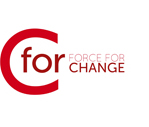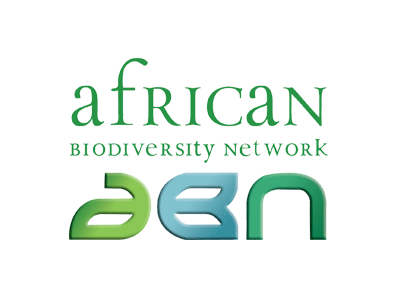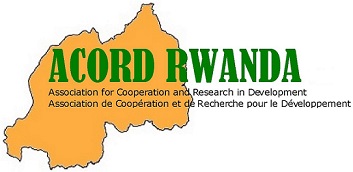Our work
GER Rwanda > Our work
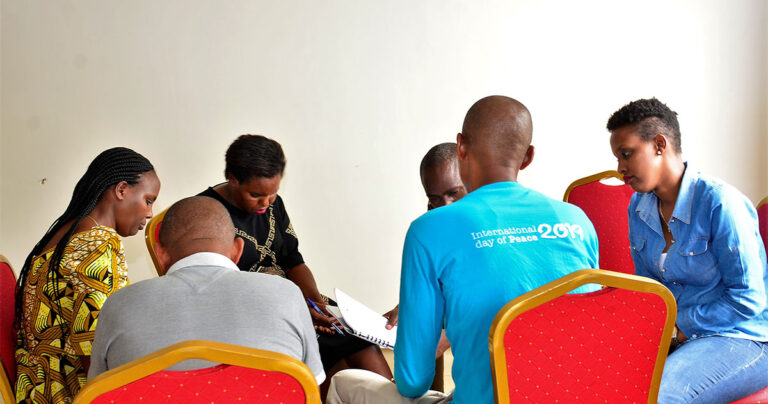
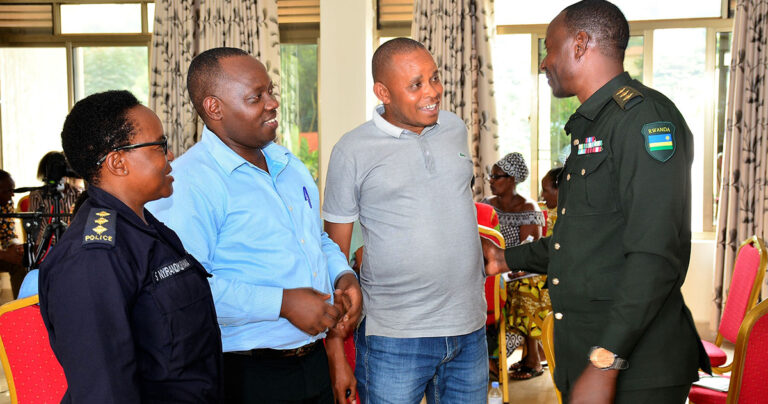
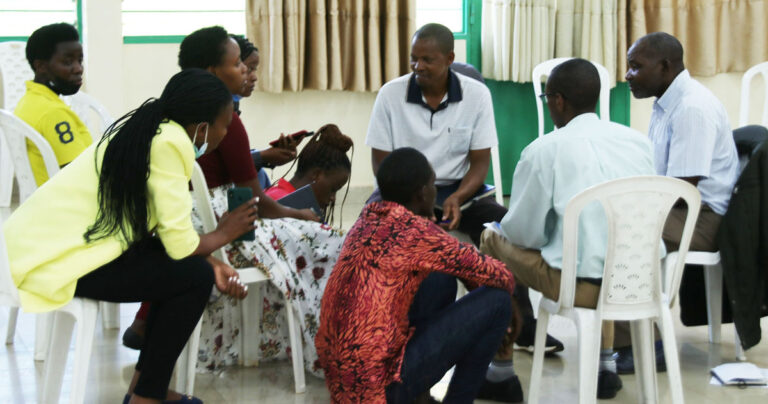
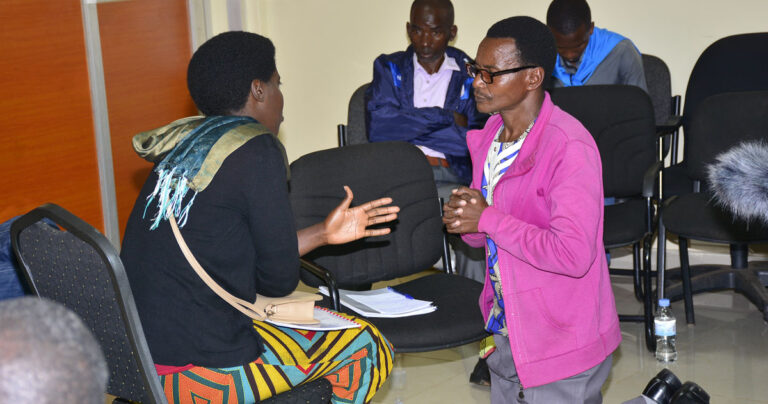
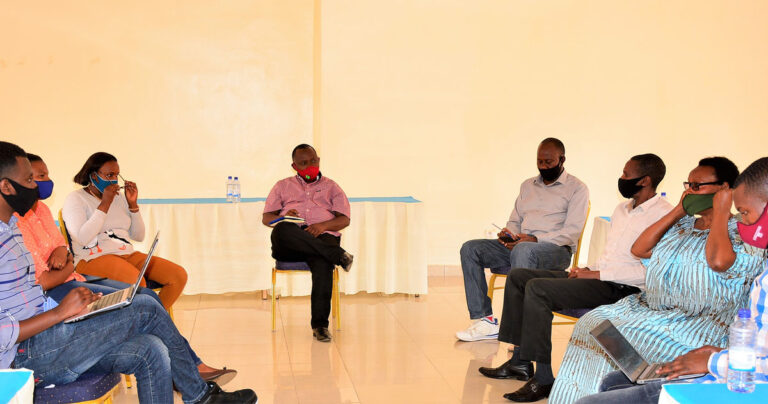
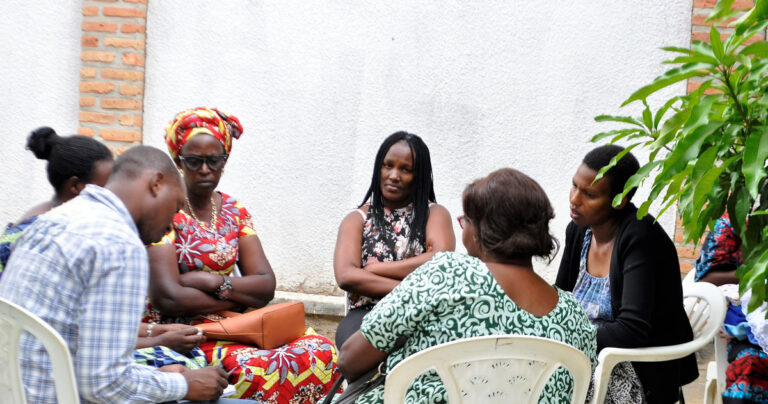
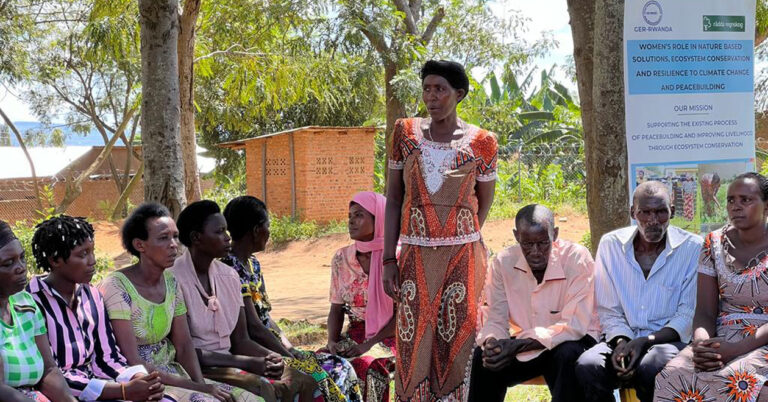
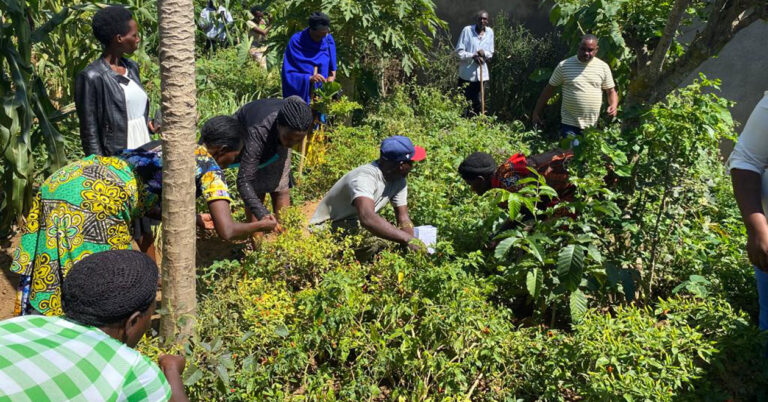
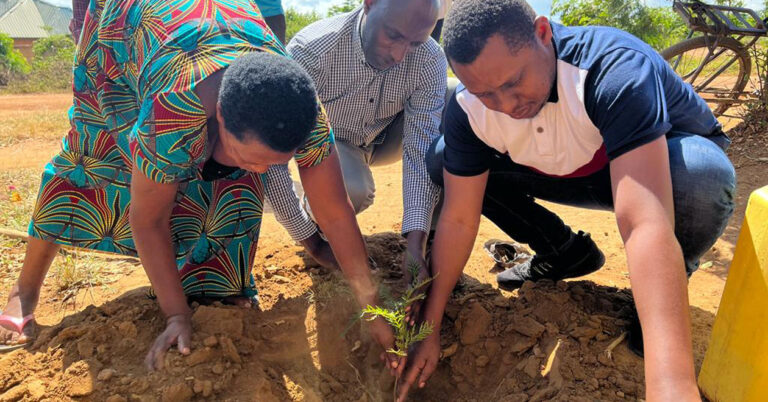
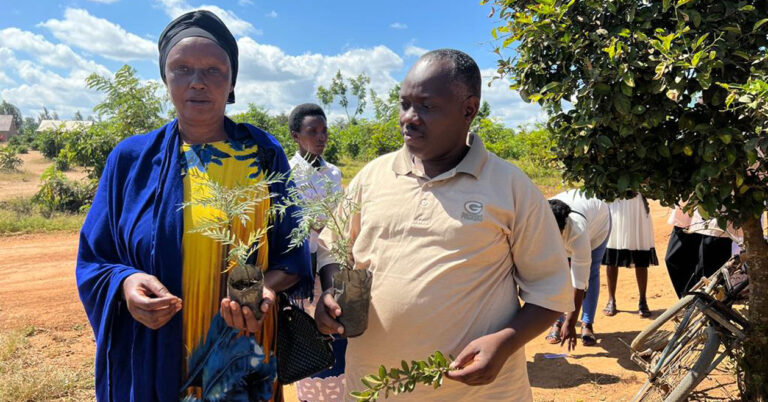
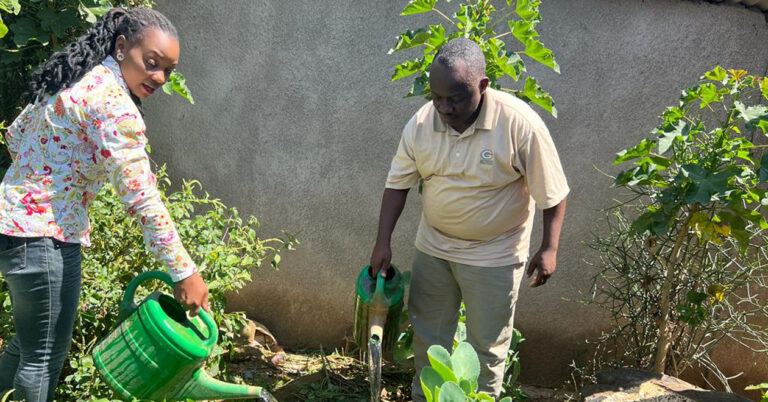
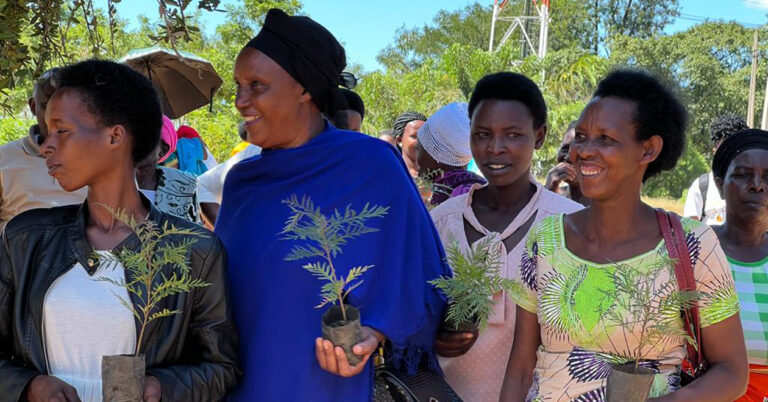
We facilitate interactions, trainings and workshops: the experience have showed us that gathering people for interactions helps post-genocide and conflicts communities to open up and share their painful experiences.
The beneficiaries of our work are people affected by the genocide perpetrated against the Tutsis and conflicts, namely; youth bornfrom survivor’s families, genocide perpetrators, youth born from rape during the genocide and historically marginalized communities.
Our aim is to support the existing process of reconciliation and social cohesion.Our approach brings changes at individual, interpersonal, family, community to the societal level to act as agents of change.
Our activities also targeted refugees in Rwanda affected by violent conflicts and wars in the region. Through this process, they assist one another to sail through the entire journey of healing and reconciliation with ease.
Based on this experience, we organize and facilitate training of community facilitators as well as workshops with key community stakeholders and policy makers. This approach is indeed helping communities to come through these painful experiences and history together for a shared future.
We Support community initiatives to enhance trust building, improving relations and lives.
The majority of our people share common activities mainly in farming. So, this is an opportunity for social cohesion in the society.
It also facilitates working together and restoring broken relations.
Besides, these initiatives help communities learn how to protect ecosystem and create environmental reconciliation.
Sustainable peace requires a holistic approach to address challenges such as climate change that affects livelihoods.Our beneficiaries who have participated in the facilitated interaction forums and trainings have proved to be resourceful people in their respective communities through their shared initiatives.
The testimonies we have received is that this approach taken has really assitedvictims to heal and reconcile together. We learned that dialogue is one of the effective ways to help post-conflict communities to process the history and building a shared future together.
Our work is contributing towards addressing issues affecting society like inequalities, injustice, climate change, poverty, discrimination, racism, divisionism and deforestation to allow communities living together and working together in harmony with nature.
We work in collaboration with people, local leaders, decision makers, community-based organizations, civil society organizations (CSOs) and Development partners. Currently we operate in 6 districts of Rwanda.
We document transformative stories (Rwanda reconciliation model) to facilitate Rwanda’s next generation and other affected countries by violent conflicts and genocides to find out the path of living together for a sustainable future.[email protected] or [email protected]
We are dedicated to bring positive changes in our societies.
Please donate here and go to our programme description here. We welcome and appreciate your support!
Newsletter
Read our newsletter.
Sign up!
Events and News
Reports
Video
Publications

